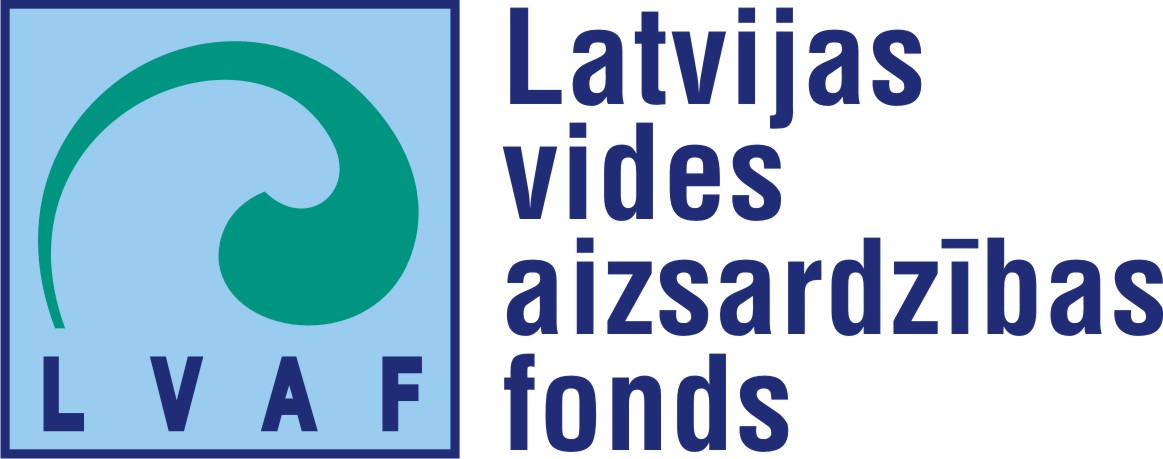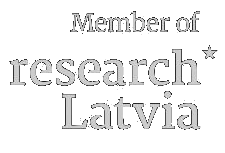
The aim of the project is to establish an appropriate high-quality monitoring share and to assess the motivation of visitors, the socio-economic impact, the role of ecosystem services and alternatives to recreation in a specially protected nature area, as well as to provide the Kemeri National Park with the information required by the European Charter for Sustainable Tourism.
In 2020, the joint cooperation between Vidzeme University of Applied Sciences and the Nature Conservation Agency concentrated the resources of both institutions and involved data available to other organizations in order to establish a comprehensive inventory of visitors to specially protected nature territories, which forms a quantitative part of wider monitoring. In order to establish an appropriate qualitative monitoring component and assess visitor motivation, socio-economic impact, the role of ecosystem services and alternatives to recreation in a specially protected nature territory (SPNT), as well as to provide the Kemeri National Park with recertification information required by the European Charter for Sustainable Tourism, a large-scale coordinated survey of the ten most popular SPNTs in Latvia in terms of visitors is planned. A digital platform has already been set up for the interpretation of monitoring data, which needs to be adapted for combining quantitative and qualitative data. This would deepen the understanding of the interrelationships of interactions between humans and nature in SPNTs. The obtained data will be applicable to the situation in Latvia as a whole, in order to use them for making informed decisions on the daily management and protection of the territory and to find solutions for more efficient management of the visitors' flow to SPNTs.
Implementation period: 01.04.2021.-31.05.2022.
Project No. 1-08/172/2020
Funding/ programme: Latvian Environmental Protection Fund
ViA role: Project implementer
Cooperation partners: Nature Conservation Agency
Project funding: 26 653 EUR
Project scientific manager (e-mail): HESPI Lead Researcher Andris Klepers (
Involved staff: HESPI research staff Agita Līviņa, Anda Arkliņa, Iveta Druva-Druvaskalne


